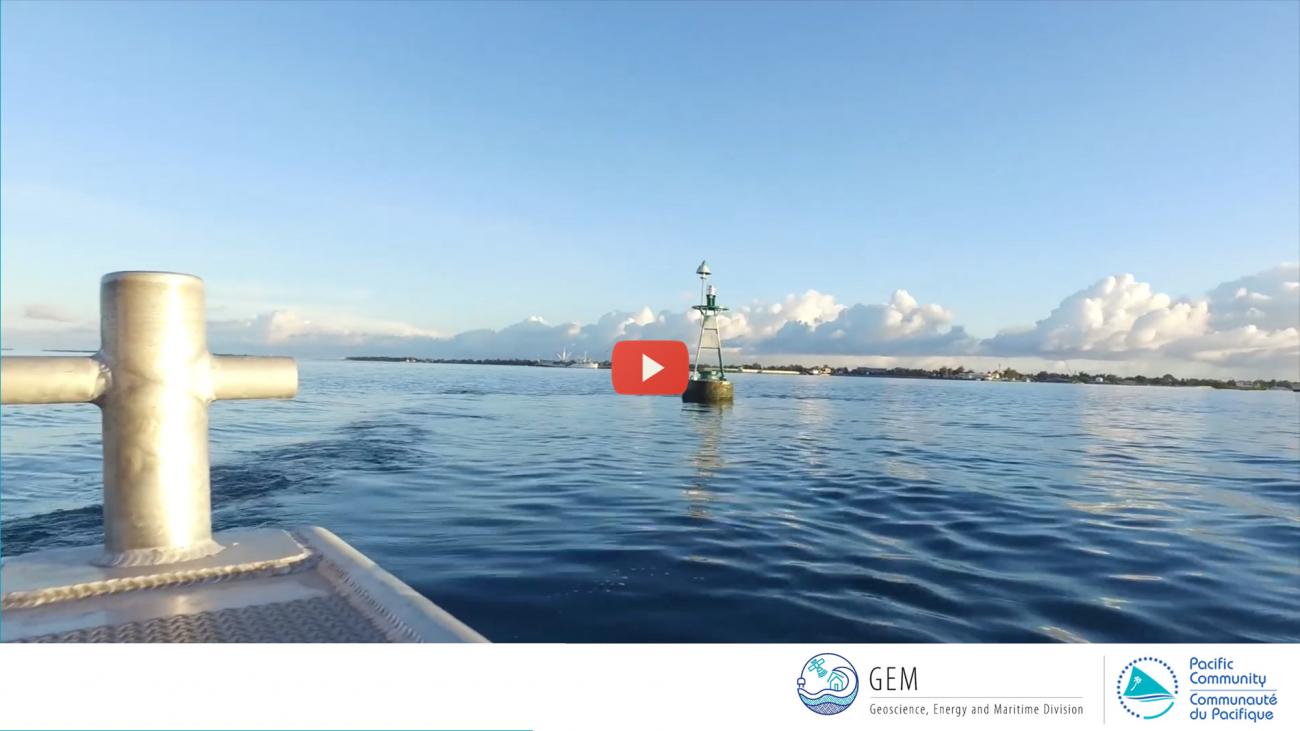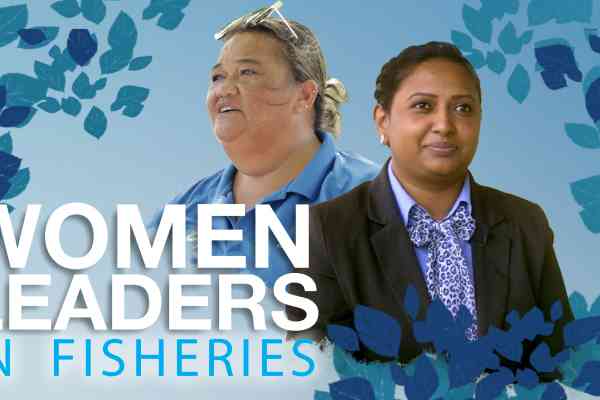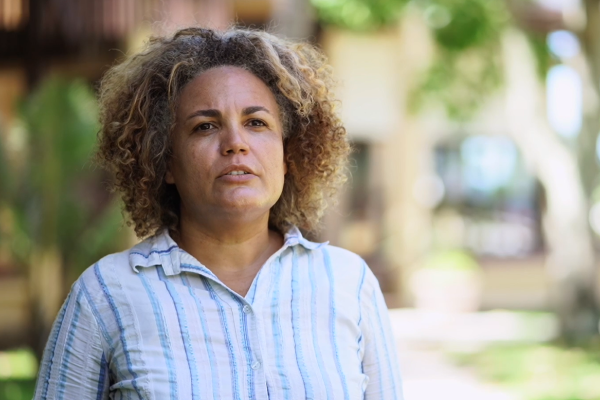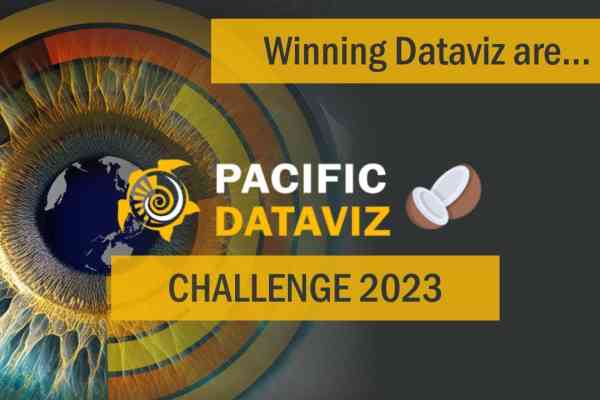Le transport maritime constitue le pilier de l’économie océanienne, et la population en a besoin pour générer un revenu et accéder à des services tels que la santé, l’éducation et l’alimentation. C’est pourquoi la CPS soutient l’amélioration des systèmes de navigation et aide les transporteurs et les organismes maritimes de la région à comprendre leurs obligations internationales
(Contenu complet disponible en anglais uniquement)
Pacific Island Countries take the helm on Aids to Navigation and safety at sea
Almost 50% of the population of the Pacific live on outer islands stretched across our vast Blue Pacific, which makes up 28 million sq. kilometres of Ocean.
This sector is a backbone for the Pacific economy as communities are reliant on it for access to income and access to services such as health, education and food supplies.
Maritime transport is also helping drive economic development in many Pacific Island Countries however ensuring this is done in safe and sustainable manners will protect the lives, livelihoods and environment of our vast Blue Pacific.
SPC has been working to help by supporting improved navigation systems and understanding of international obligations for maritime providers and agencies across the region. We work with 13 Pacific Island Countries through our Pacific Safety of Navigation Project to support strengthening and managing safety of navigation services both at domestic and international levels.
Understanding and being compliant with international standards for safety of navigation services means Pacific countries have opportunities to improve economic growth as it allows countries to seek increased tourism through cruise ship operations, to attract larger vessels and most importantly, ensure the safety of Pacific people working in the sector and utilising its services.
In August 2019, representatives from 9 Pacific Island Countries were selected and trained in a management course. The International Association of Marine Aids to Navigation and Lighthouse Authorities (IALA) Level 1 Management Course was successfully completed by all participants which means they are now qualified to manage Aids to Navigation (AtoN) in their country, run risk assessments and in general enhance the safety of navigation level.
Charlie Maniel from the Vanuatu Ports and Marine Division said this training was a positive experience and felt the approach to bring this training to the Pacific means the region stands to benefit. He has now been involved in running some of the training in outer islands of Vanuatu to ensure this understanding is applied across the country to ensure improved safety in more remote parts of our region.
“The training has impacted our decision making. It has taught us that we cannot (sic) stop the risk but we can control what measures need to be in place to ensure the safety of navigation for our country,” he said.
Ongoing training and continued peer-to-peer learning will continue over the coming years to ensure access to and management of Aids to Navigation meet international standards and provide safe passage for our Pacific people.
This work is being implemented through the support of the International Foundation for Aids to Navigation (IFAN).



